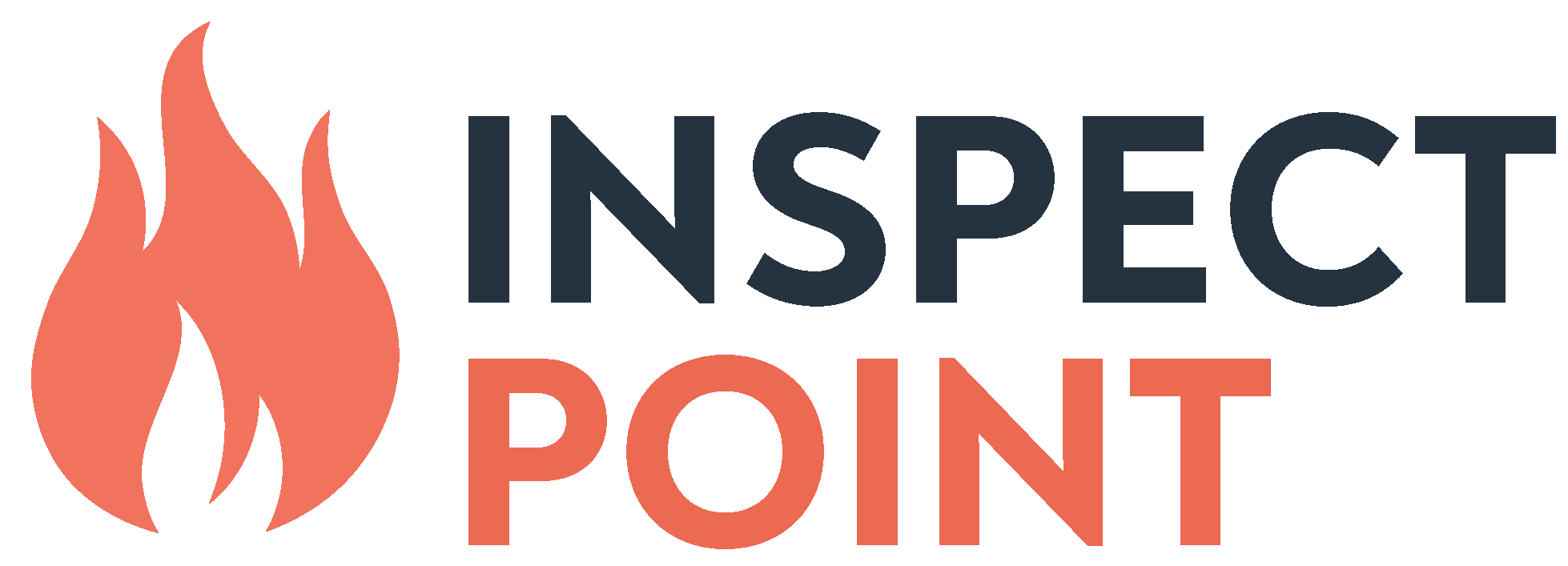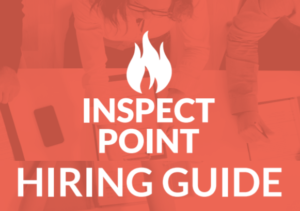The Importance of Fire Safety Equipment Inspections
The main goal of the fire and life safety industry is to protect human beings from potentially hazardous or life-threatening situations. How do inspections aid in this unassuming heroic act? Well, for starters, every time an inspection is completed it provides the assurance that the equipment will be able to perform the job it is made for. Inspectors are there to confirm emergency equipment manufactured to actively carry out safety protocol is up to date and running.
Fire and life safety inspections are iaround protection, and inspectors are paid to do a service, so it’s important they complete their work. And while every job is in itself honorable and deserving of respect, when you’re in an industry that centers on life safety, this work is crucial for the people who live and work in the buildings we inspect.
If a fire was to start, it’s automatically a matter of life or death for the people in that building. The thorough and important work inspection industries do, could potentially save a life down the road. That is, so long as the work is done properly; lawsuits can otherwise be filed based on negligence.
But don’t worry, Inspect Point’s got you! Keep reading for more information about the importance of fire safety equipment, the inspections themselves, and how, just maybe, this combination could save a life someday.
Fire Safety Equipment
According to the National Fire Protection Agency, otherwise known as the NFPA, if you own a home or a business, it’s vital that you have the proper fire protection equipment at hand in case of an emergency, including smoke detectors, fire alarms, fire extinguishers, and automatic sprinklers.
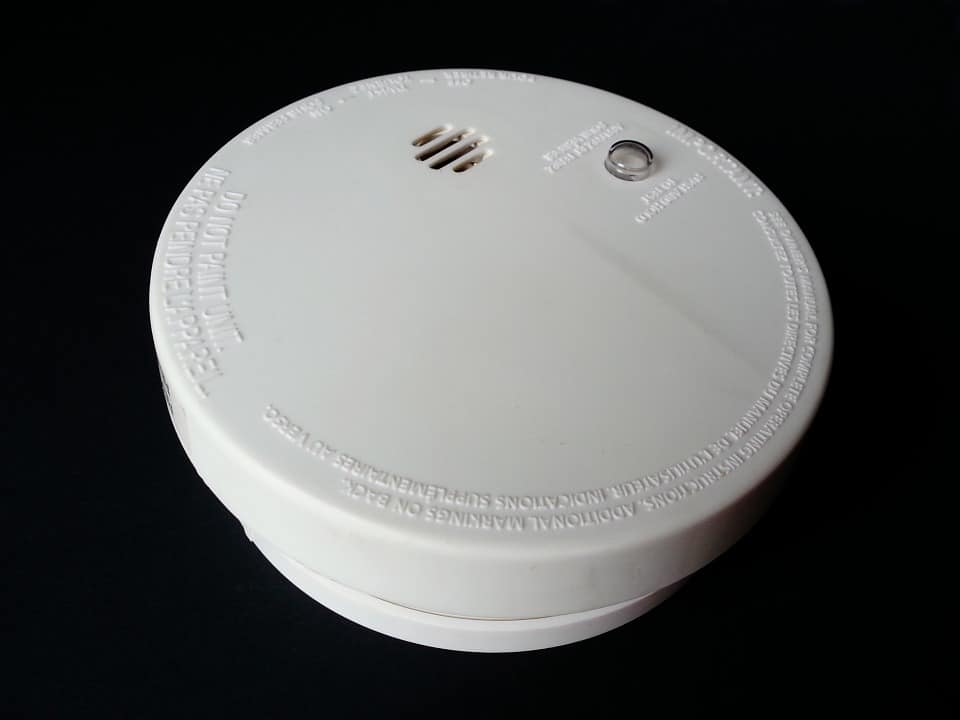
Smoke Detectors
Smoke alarms, or smoke detectors, are a vital piece of equipment needed to ensure the safety of a building’s occupants. Frankly speaking, even without fire in the immediate area, a person can still die just from the smoke. Smoke suffocates – if, in such a situation, it’s best to stay or crawl close to the ground. Smoke rises, so escape routes will be safer and easier on your lungs if you stay where the smoke is least suffocating.
Per the NFPA, here’s directly what you need to know about smoke alarms
- “A closed door may slow the spread of smoke, heat, and fire. Install smoke alarms in every sleeping room and outside each separate sleeping area. Install alarms on every level of the home.
- Smoke alarms should be interconnected. When one sounds, they all sound.
- Large homes may need extra smoke alarms.
- Test your smoke alarms at least once a month. Press the test button to be sure the alarm is working.
- Today’s smoke alarms will be more technologically advanced to respond to a multitude of fire conditions, yet mitigate false alarms.
- When a smoke alarm sounds, get outside and stay outside.
- Replace all smoke alarms in your home every 10 years.”
According to the NFPA, “having a working smoke detector in your home [or building] cuts the chance of perishing in a fire by 50%.” For more information on installing and maintaining the working order of your smoke detectors, take a look at this article from the NFPA, explaining every aspect of the process.
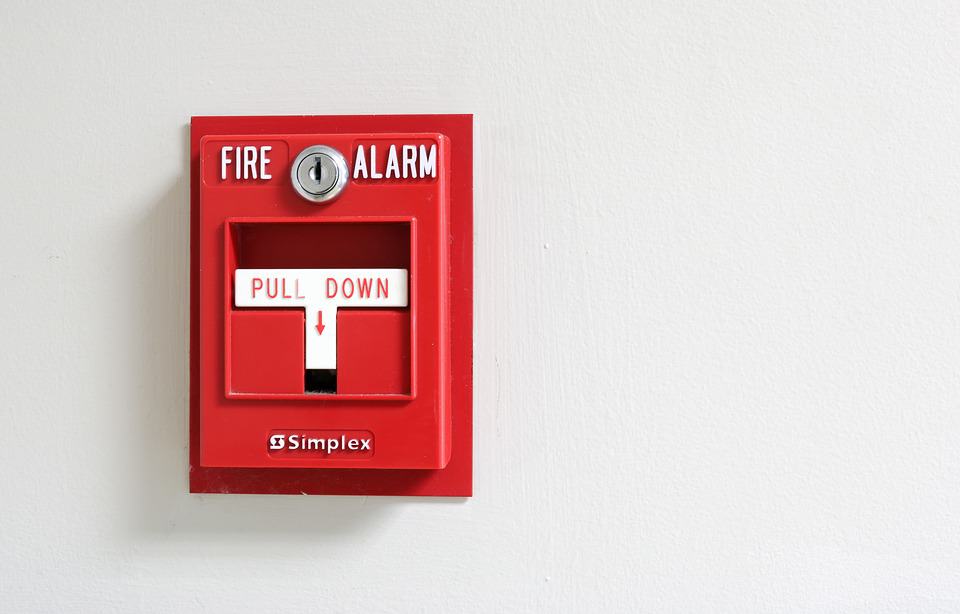
Fire Alarms
For residential buildings, smoke detectors and carbon monoxide detectors will often meet the bare minimum as far as fire and life safety goes. For commercial buildings, the structure requires a more complex fire alarm system.
The inspection process is in the best interest of your life and safety.
According to an article by Rainbow International, fire alarm systems should include:
- Smoke detectors
- Heat detectors
- Manual pull stations
These systems will be “wired to a fire alarm control panel. Sirens and strobe lights ensure everyone in the building is aware of the emergency situation while monitoring services automatically relay the alarm to the fire department.” Emergency Exit route planning is a life-saving piece of knowledge and every single one of your occupants should be aware of what they’re all about. Here’s a helpful fact sheet from OSHA.
For any building, a fire/emergency evacuation plan will always be a smart way to prepare occupants for emergencies. Make sure occupants are aware of the sound of their fire alarm, and the exits to be used in case of an emergency. Here’s a mini lesson, titled the “Importance of Fire Alarm Systems and Home Fire Escape Planning in Multi-Unit Dwellings” from the NFPA that may be helpful to have for your dwelling.
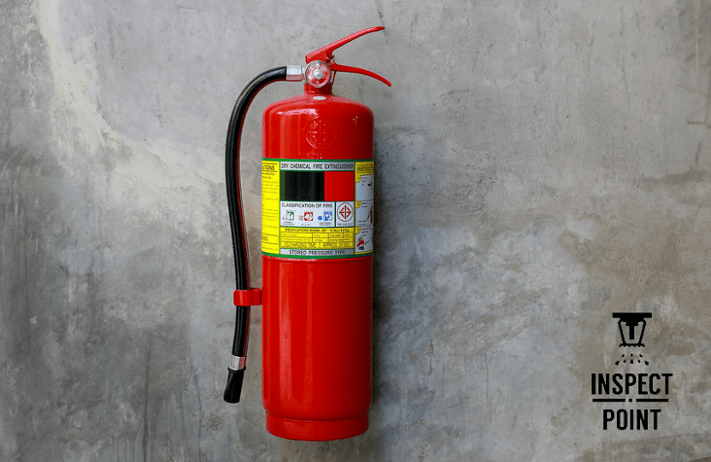
Fire Extinguishers
Fire Extinguishers! The #1 hands-on tool ready to use to extinguish a fire in an emergency. Fire Safety Inspectors always make sure your building has enough of these readily available, up to date and working in case one needs to be used at any moment.
Thanks to this article, remembering “PASS” is a helpful way to remember how to use an extinguisher. Here’s what each letter stands for:
- P = Pull the pin with the nozzle pointed away from you.
- A = Aim low to extinguish the fire at its base.
- S = Squeeze the lever in a slow, controlled manner.
- S = Sweep the nozzle side to side.
Here’s an article about the top reasons companies fail fire extinguisher inspections. Take a look.
Automated Sprinkler Systems
If there’s a fire, and your other alarm systems are working, the fire department should be on their way. However, sprinkler systems are a piece of building equipment built to aid the firefighters by attempting to keep the fire down in the meantime and all commercial buildings are required to have sprinkler systems.
According to the NFPA, sprinkler systems can cut the risk of dying in a fire by a whopping 80%. Additionally, property loss is cut by 70%. So, uh, make sure you’re keeping up with your inspections. You don’t want to gamble with those odds.
Here’s the Thing About Inspections, folks…
The NFPA says it all when it comes to explaining the core importance of fire and life safety equipment: “Fire safety equipment has a big impact in reducing the average loss of life and property per fire. If there is a fire in your home, smoke spreads fast and you need smoke alarms to give you time to get out. Fire sprinkler systems react so quickly, they can dramatically reduce the heat, flames, and smoke produced in a fire.”
The inspection process is in the best interest of your life and safety. Inspections save lives. Of course, it’s the equipment that actually saves lives–but without regular safety inspections, you won’t know if the equipment is reliable.
Save lives. Save buildings. Save money. Make sure your dwellings are regularly inspected.
